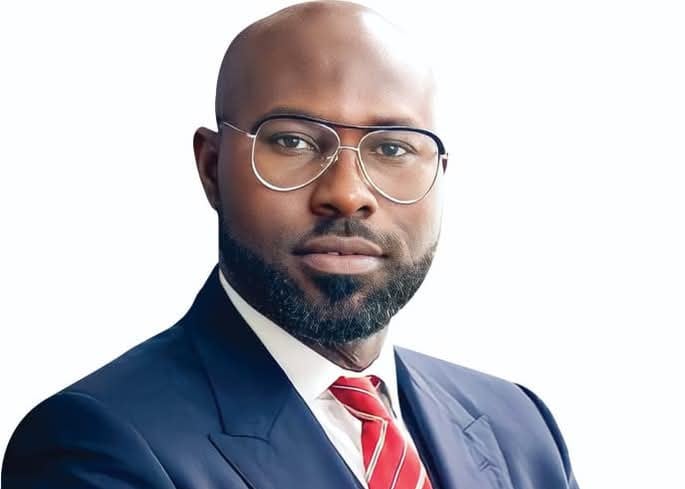The Minority caucus in Ghana’s Parliament has issued a fervent plea to religious and traditional leaders, urging them to intervene and dissuade President John Mahama from pursuing what they allege is a politically motivated plan to remove Chief Justice Gertrude Torkornoo. This call for divine and cultural intervention follows the submission of three petitions to the Council of State seeking the Chief Justice’s removal, a development that has ignited concerns about the independence of the judiciary and the future of Ghana’s democracy. The Minority contends that these petitions are flimsy pretexts orchestrated by the President to replace Chief Justice Torkornoo with a partisan figure aligned with the National Democratic Congress (NDC), the ruling party. This purported scheme, they argue, represents a grave threat to the integrity of Ghana’s democratic institutions.
At the heart of this escalating political drama are three petitions whose contents remain shrouded in secrecy. While President Mahama, through his Minister for Government Communication, confirmed the petitions’ submission to the Council of State, the specific allegations against Chief Justice Torkornoo have not been disclosed publicly. This lack of transparency fuels the Minority’s suspicions, leading them to believe that the process is being manipulated for political gain. Chief Justice Torkornoo has formally responded to the petitions, meeting the President’s stipulated deadline, yet her response, too, remains confidential, further deepening the air of mystery and fueling speculation about the veracity and motives behind the accusations.
The Minority, in their public address, emphasized the perceived precariousness of Ghana’s democratic foundations. They portray the alleged plot to remove Chief Justice Torkornoo as a calculated assault on the judiciary, the very pillar upholding the rule of law and safeguarding the principles of justice and fairness. By replacing the Chief Justice with a politically sympathetic figure, the Minority argues, President Mahama seeks to exert undue influence over the judiciary and undermine its independence, a move they warn could have dire consequences for Ghana’s democratic future.
John Darko, the Member of Parliament for Suame and the spokesperson for the Minority during the press conference, delivered a passionate appeal to religious and traditional leaders, characterizing them as crucial guardians of Ghana’s moral compass. He urged these influential figures to exert their moral authority and counsel President Mahama against what he termed a destructive course of action. Darko underscored the urgency of their intervention, emphasizing the need for collective action to avert a potential constitutional crisis and protect the sanctity of Ghana’s democracy. He posed a rhetorical question challenging the legitimacy of the process, questioning how a nation committed to democratic principles could entertain what he described as “loose petitions” and orchestrate the dismantling of its judicial independence.
The Minority’s public outcry highlights a deeper concern about the perceived erosion of democratic norms and principles in Ghana. They frame the situation surrounding Chief Justice Torkornoo as a symptom of a broader trend towards political interference in supposedly independent institutions, raising questions about the government’s commitment to democratic values. Their call to action extends beyond the immediate concern of protecting the Chief Justice’s position; it represents a broader plea to safeguard the integrity of Ghana’s democratic institutions and prevent a slide towards authoritarianism.
This escalating conflict over the Chief Justice’s position underscores the delicate balance of power within Ghana’s political system and the crucial role of the judiciary in upholding the rule of law. The Minority’s urgent appeal to religious and traditional leaders signifies the seriousness of the situation, reflecting their belief that the very foundations of Ghana’s democracy are at stake. The undisclosed nature of the petitions and the lack of transparency surrounding the process further exacerbate tensions and contribute to a climate of distrust, making it imperative that all parties involved uphold the principles of due process and ensure that any decisions regarding the Chief Justice’s position are made in accordance with the constitution and in the best interests of the nation.














